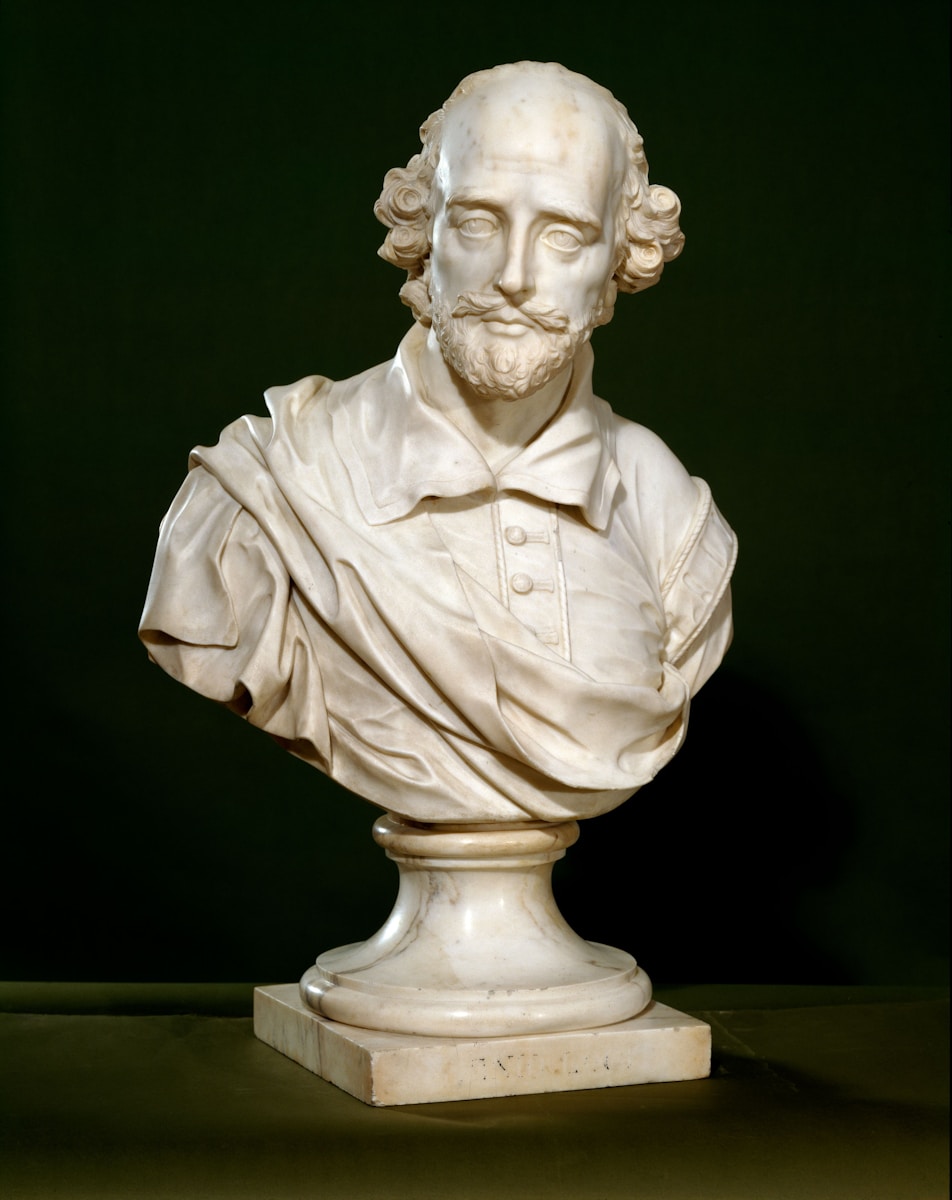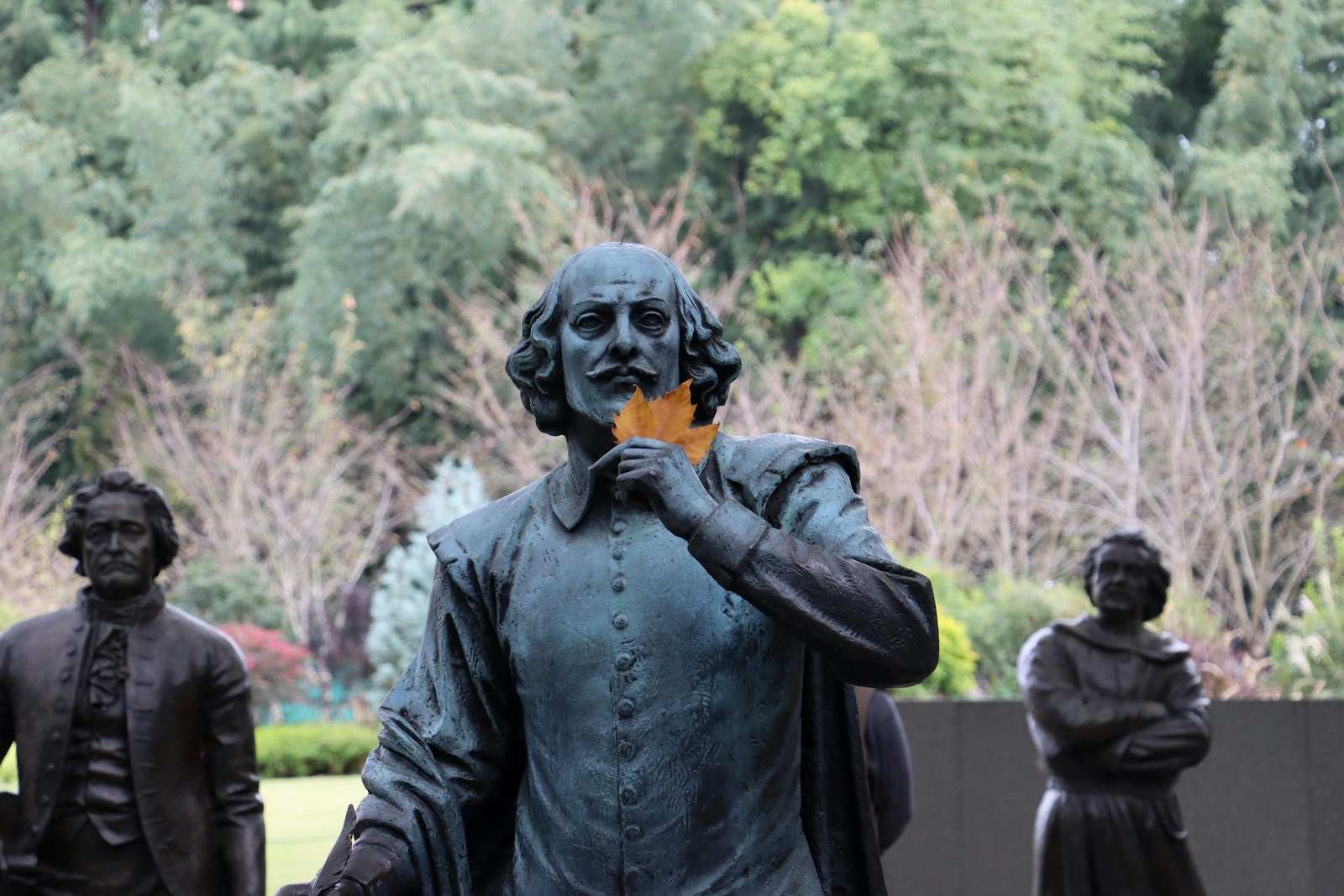
Introduction
William Shakespeare, the Bard of Avon, has undeniably left a profound mark on the English language. His works are not only celebrated for their literary merit but also for the countless phrases and expressions that have woven themselves into the fabric of everyday conversation. You might be surprised to learn just how many of these phrases you likely use without realizing their origins. Let’s embark on a delightful journey through time and explore some of these everyday expressions that can be traced back to Shakespeare’s genius.
1. Break the Ice
The phrase “break the ice” refers to the act of initiating conversation in a social setting, especially among strangers. While it has become common in modern parlance, its origin is attributed to Shakespeare’s play “The Taming of the Shrew.” In a scene where the character Tranio advises his friend to “break the ice” when wooing a woman, it signifies overcoming initial awkwardness to facilitate interaction.
Imagine heading into a party where you know nobody. You might share a light-hearted joke to break the ice, all thanks to our favorite playwright.
2. Green-Eyed Monster
When someone describes jealousy as a “green-eyed monster,” they are tapping into a powerful metaphor established by Shakespeare in “Othello.” The phrase appears in Iago’s soliloquy, where he warns Othello that jealousy can consume and destroy. It emphasizes how jealousy, much like a monstrous creature, can overwhelm rational thoughts and lead one down a dark path. So, the next time you find yourself feeling envious, remember Shakespeare’s reminder of that lurking green-eyed foe.
3. Wild Goose Chase
Ever found yourself in a futile endeavor or pursuing something unattainable? You might call it a “wild goose chase.” This phrase originates from “Romeo and Juliet,” where Mercutio makes a jest about chasing a goose, implying that it’s a senseless pursuit. Whether you’re looking for a parking spot in a crowded lot or trying to get through to customer service, the image of running after a goose captures the essence of an absurd chase perfectly.
4. Wear One’s Heart on One’s Sleeve
To “wear one’s heart on one’s sleeve” means to openly show one’s emotions, rather than hiding them away. This expression can be traced back to “Othello,” where the character Iago suggests that a person who wears their heart on their sleeve is vulnerable to deceit. Nowadays, it’s often used to describe someone who isn’t afraid to express their feelings. So, if you’re the type who doesn’t shy away from sharing your emotions, wear that heart proudly!
5. The World’s Mine Oyster
Have you ever felt like the world is brimming with opportunities just waiting for you? The phrase “the world’s mine oyster” comes from “The Merry Wives of Windsor,” where Pistol declares that he can take advantage of the world, much like one might open an oyster to find a pearl. In modern terms, it suggests seizing opportunities and making the best of what life has to offer. So next time you’re feeling adventurous, remember that the world is yours to explore!
6. A Foregone Conclusion
The term “foregone conclusion” refers to a result that is obvious or inevitable. Shakespeare popularized this phrase in “Othello,” where it highlights the idea of a pre-determined outcome. In everyday life, it can apply to various situations, from the certainty of a favorite sports team winning a match to the predictability of a friend’s reaction. It’s a reminder of how often we encounter situations where the outcome seems all but guaranteed.
7. It’s All Greek to Me
When someone says “it’s all Greek to me,” they’re expressing confusion or a lack of understanding. This phrase can be traced back to “Julius Caesar,” where Casca uses it to describe Cicero’s complicated speech. The phrase underscores the idea that some things can feel completely foreign or incomprehensible. Just think about technical jargon or complex academic discussions — it’s no wonder we turn to this expression!
8. The Clothes Make the Man
In modern society, appearances can indeed hold significant weight, and Shakespeare had a hand in shaping this idea. The phrase “the clothes make the man” originates from “Hamlet,” where the character Polonius asserts that one’s attire can influence how they are perceived. In our daily lives, this notion resonates strongly, whether it’s dressing for an interview or choosing an outfit for a special occasion. It serves as a reminder that presentation matters, even if it shouldn’t define who we are.
9. To Be or Not to Be
Perhaps one of the most quoted lines in all of literature, “To be or not to be” delves into the depths of existence and the human condition. While it’s often used jokingly in contemporary settings, the original line from “Hamlet” captures the essence of existential contemplation. This phrase has transcended its literary roots and is often invoked in discussions about life’s big questions. Whether you’re pondering a career change or contemplating a personal decision, these profound words continue to resonate.
10. Love is Blind
The phrase “love is blind” suggests that when people are in love, they may overlook their partner’s flaws or imperfections. Shakespeare famously coined this term in “The Merchant of Venice,” where it emphasizes the irrational nature of love. In romantic relationships, it’s not uncommon for individuals to idealize their partner, sometimes to the point of ignoring red flags. Next time you see someone head over heels in love, you might just chuckle as you remember this age-old truth.
Conclusion
Shakespeare’s influence extends far beyond the pages of his plays. His expressions have seeped into our everyday conversations, enriching the language we use without us even realizing it. From reflecting on our emotions to navigating social situations, his phrases have become an intrinsic part of how we communicate. So, the next time you find yourself using one of these sayings, take a moment to appreciate the Bard’s lasting legacy and the timeless wisdom he imparted through his words. After all, in a world that often feels disconnected, Shakespeare reminds us that language can unite us, even centuries after his time.


